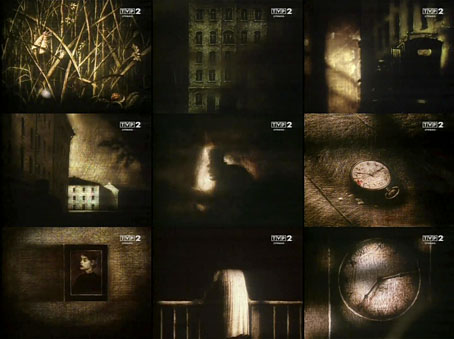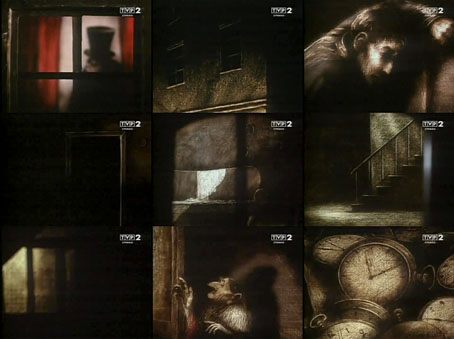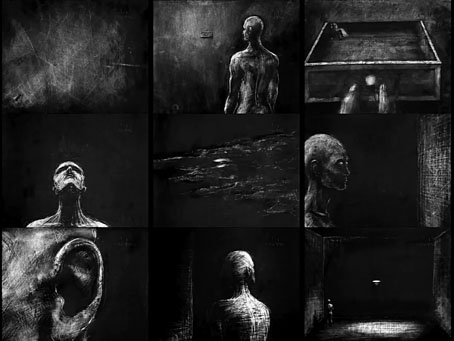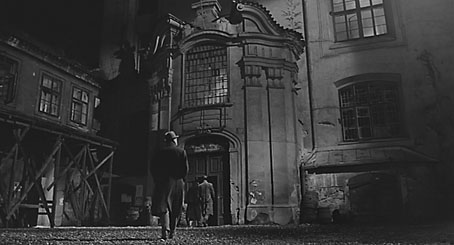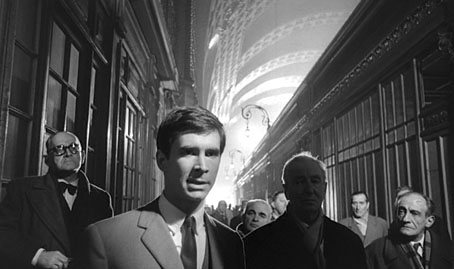“Jerzy is the greatest among the living—the greatest Polish author of animated films that is still alive.” So says Piotr Dumala, a formidable animator in his own right, in a video discussion of Jerzy Kucia’s films. The first of these, The Return (1972), is collected on Studio Miniatur Filmowych, a YouTube channel devoted to Polish animation. My complaints about YouTube are legion but the place is still worthwhile when it allows channels like this one to exist. The same goes for the channel devoted to films from the Zagreb Studios. The only trouble with these outlets is a lack of translation for the films that feature dialogue.
This isn’t an issue with The Return, however, a wordless account of a nocturnal train journey undertaken by a shuffling man in a cloth cap. Stills don’t convey the remarkable sense of verisimilitude that Kucia creates with the patterns of light flashing over the walls and against the windows of the unlit carriage. The whole piece is meticulously observed, and a reminder to keep searching for the director’s other films.
Previously on { feuilleton }
• Crime and Punishment, a film by Piotr Dumala
• Walls, a film by Piotr Dumala
• Academy Leader Variations




